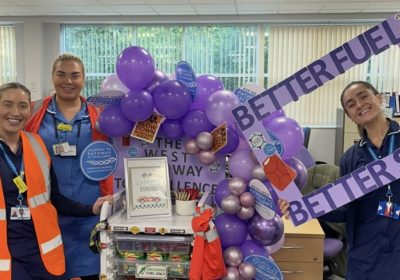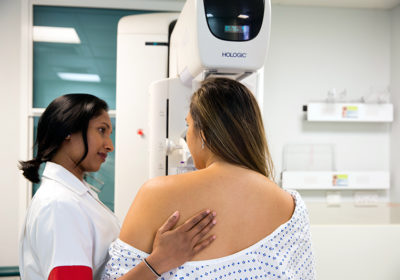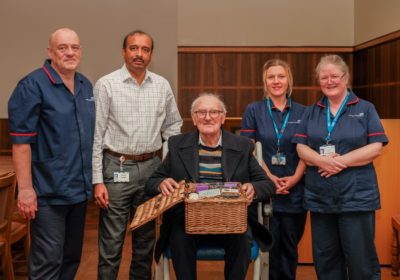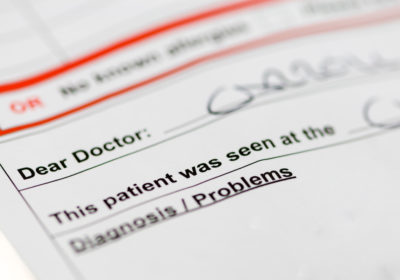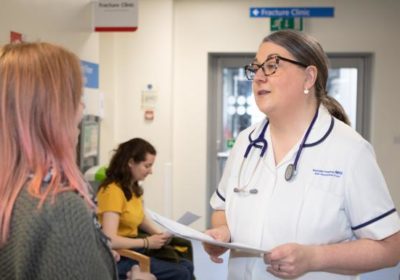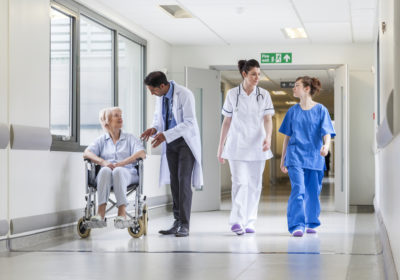Children and young people have been among those most impacted by the ongoing Covid-19 pandemic. We asked our Young Healthwatch volunteers how they have been coping, what additional support they feel should be available, and what they are looking forward to most as we emerge from lockdown.
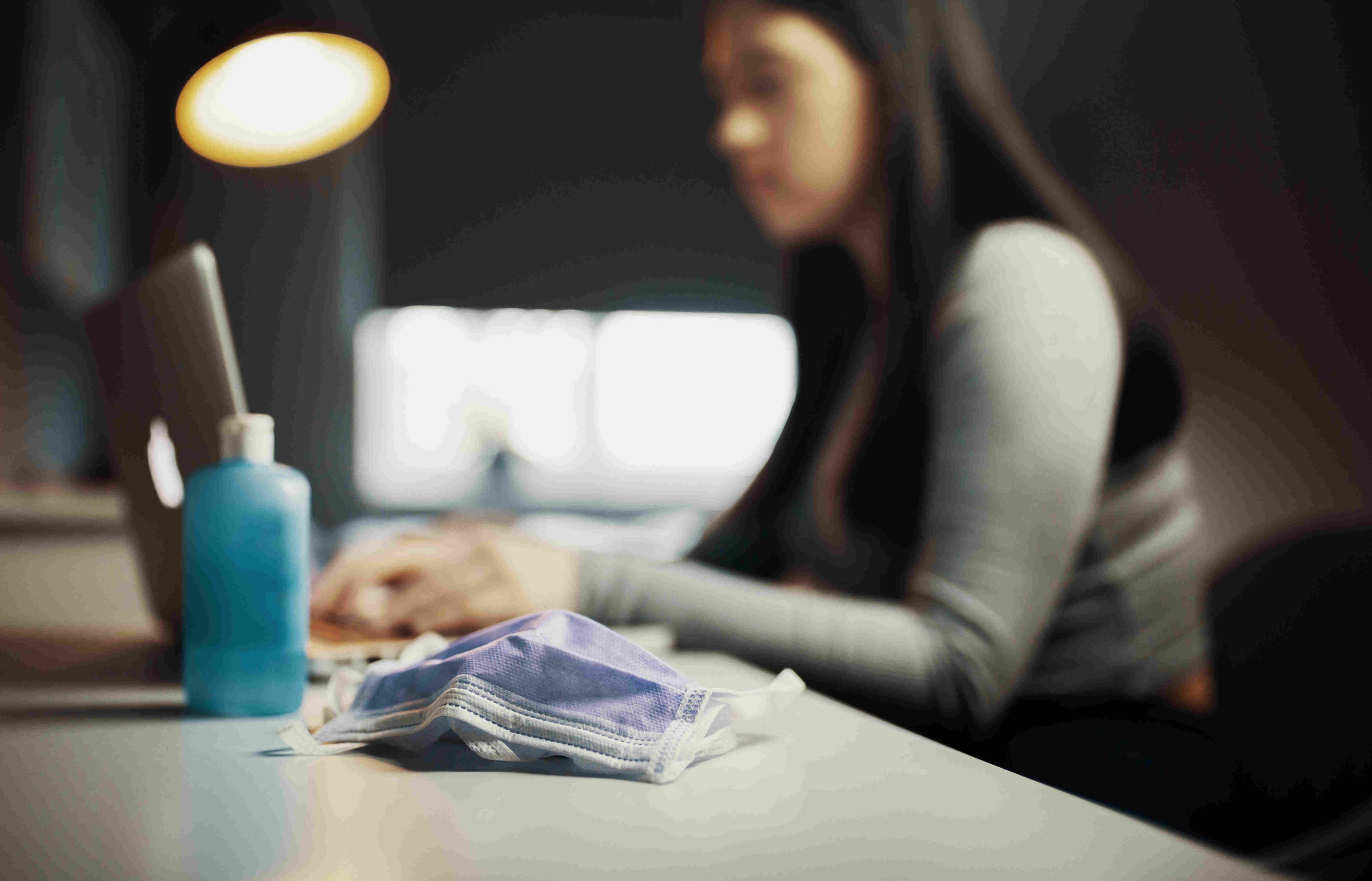 A report into the impact of the first lockdown from mental health charity Mind last year found “over two thirds of young people said their mental health has got worse during the period of lockdown restrictions”.[i]
A report into the impact of the first lockdown from mental health charity Mind last year found “over two thirds of young people said their mental health has got worse during the period of lockdown restrictions”.[i]
A further survey by children and young people’s mental health charity YoungMinds in January and February of 2,438 young people aged 13 to 25 found that 75 per cent have found the recent lockdown harder to cope with than the previous ones.[ii]
Tom Madders, director of campaigns at YoungMinds, said: “Many have told us they have struggled with social isolation, a loss of routine and the pressures of home schooling. Some are deeply anxious, have started self-harming again, are having panic attacks or are losing motivation and hope for the future.”
Research published in The Lancet in January corroborates YoungMind’s findings, with data showing an increase in incidence of mental health problems in children under 16, particularly among girls and young women.
One of the report’s authors, Dr Tamsin Ford, professor of child psychiatry at the University of Cambridge, says this is especially the case for children in underprivileged environments.
“The risk is hitting those who are already most vulnerable hardest. We’re seeing a divergence between the affluent and less privileged. It’s one thing to sit in your house with a decent wifi connection when everyone has their own laptop, but it’s not the same as living in a small house with no outside space, locked at home every day while your parents have to go to work.”
The difficulties outlined by the reports by The Lancet, Mind and YoungMinds are borne out by the experiences of our own Young Healthwatch volunteers over the past year. Here are their stories…
 Nafizah Ahmed, 24
Nafizah Ahmed, 24
Physician Associate student at Newcastle University
“I would say Covid-19 has impacted me personally to a great degree. All my teaching and placements were suspended. In March last year instead of weekly university seminars, I was only getting a few Zoom teaching sessions. Having weekly check-ins from the university helped and knowing I had prepare for my exams gave me a sense of purpose.
“I think the most challenging aspect of the lockdown was the fact my mum, dad and little sister were stranded abroad. Not having my entire family in the house, apart from my older sister, made the experience very isolating and lonely. It made me appreciate the people I have in my life and it encouraged me to check in on my friends through video calling.
“Supportive community engagement for young people should be encouraged and promoted at a local level. I volunteering for my local mutual aid – it helped me feel part of a good cause (giving out flyers, picking up prescription and speaking to vulnerable people to assess their support needs).
“Help and support is available for young people finding lockdown difficult, through mind.com and kooth.com – I hope everyone’s wellbeing and support networks have been strengthened during this challenging time.
“I am looking forward to seeing my entire extended family and going on holiday post-exams and post-Covid. This has definitely been a critical year for me both professionally and personally. A year of big changes.”
 James Moyle, 21
James Moyle, 21
Biochemistry student, Newcastle University
“The Covid-19 pandemic has been quite hard for me as it has taken me far away from the normality that I would usually have studying at university. It forced me away from the places I liked to be and kept me away from my friends, who are the people that support me whilst studying.
“Mostly, I have been helped by the support of countless online resources and groups who have managed to adapt their programmes and usual activities to be online, which has allowed me to stay in contact with the people I know as well as try new activities that I may have not got the chance to have done in person.
“There are still things that could have been done better for young people, especially students, who have been left mostly in the dark about their courses and activities as well as when they are able to return to schools and universities.
“But support can also be found in many places from friends who you are able to speak to online to the school or university that you attend which may have specialised people to help you when you are not feeling at your best. I think it is perfectly normal to not be fully adjusted to studying in this situation as it is constantly changing.
“Instead of trying to force a strange situation to feel normal, you should embrace the change and begin to try and find new hobbies and interests at this uncertain time to keep you healthy and happy until things can finally return to how they were. Hopefully you may have picked up a few new hobbies or interests, like I have, that you can continue after the lockdowns have ended.
“Mostly, I am looking forward to being able to return to in-person lectures at university as well as to be able to go out and spend some time with my family in friends in the ways that have just not been possible during the pandemic.”
 Jax Sharpe, 24
Jax Sharpe, 24
Recent MSc in Clinical Psychology graduate, Newcastle University
“Covid-19 has impacted me greatly throughout the past year. First my university lectures moved to online remote learning, then I had to change my dissertation research project due to my initial proposal involving face-to-face interaction with participants. I had to design a new study which could be completed online, while sticking to the original deadlines.
“I personally rely on seeing friends and family for support and improved mental health but I have had to go a long time without seeing them. This has been particularly difficult as my family still live in my hometown in Cheshire, three hours away from where I live currently.
“I am aware how drastically this time has affected young people’s mental health from increased anxiety to lack of social interaction; I think it is important that we focus on ways to improve their mental health in order to recover from the effects of lockdown.
“Support can be found through friends and family, using online resources or phone calls or the support department in your university or school will always be willing to listen and help. This pandemic and subsequent lockdown has been tough for everyone, and so many more people have admitted to suffering with mental health problems, anxiety and loneliness and this is completely normal; don’t be afraid to ask for help as there is always people who are able to listen and support you.
“I am looking forward to seeing my friends and family and being able to catch up in person, rather than through a screen. I am also excited to start work as an assistant psychologist, helping patients with mental health problems across Newcastle.”
 Alex Doolan, 17
Alex Doolan, 17
A Level student, RGS Newcastle
“Covid 19 has had a massive impact on my education. It has prevented me from sitting my A Level exams, adding stress, and it has also been very hard to stay motivated with my schoolwork while in lockdown.
“It is also difficult not seeing friends; I feel like there is somewhat of a ‘sixth form experience’ that I have missed out on as a young person. The distance away from my friends was especially difficult as I joined a new school for sixth form so I was new in the school.
“But it actually gave me the time to develop those friendships more and feel more comfortable with them, so when I saw them in the summer after lockdown and at school I felt more at ease with them a lot more quickly than I probably would have otherwise.
“During lockdown it was really good to have group and individual FaceTimes with my friends and I think I also got closer to my parents and especially my brother, who I daresay I am friends with now! I also rediscovered my love of reading and art which really helped me relax.
“Support for young people struggling at school with not just the work but the pressure that the work puts on people should be better, as well as the understanding that young people may not work very hard in the year but pull it out of the bag with exams.
“This should be reflected in universities’ approach to applicants for the next few years, taking them more as a whole person rather than a grade that may not accurately reflect their ability.
“Young people can find support and help from friends and family, teachers and supervisors, and many websites are now specifically catered for the needs of young people.
“I am looking forward to finally being able to go out with my friends and having finished A Levels so I have some actual free time.”
 Charlotte Keedy, 24
Charlotte Keedy, 24
Marketing Executive, Occupational Health and Wellbeing Business
“I’ve not been able to go out socially and do the things I enjoy. Post-Covid I’m looking forward to going on holidays, making up for lost adventures that had been cancelled, and just resuming a normal social filled life.
“Young people needing support should talk to friends and family; we’re all on different boats but all in the same storm!”
- Visit the Young Healthwatch pages on our website for a wide range of information, advice and support on mental health, sexual health, alcohol & drugs and other health related services for young people at: healthwatchsouthtyneside.co.uk/young-healthwatch
[i] https://www.mind.org.uk/news-campaigns/news/pm-and-dr-alex-george-meet-with-young-people-to-talk-about-mental-health/
[ii] https://youngminds.org.uk/about-us/reports/coronavirus-impact-on-young-people-with-mental-health-needs/

